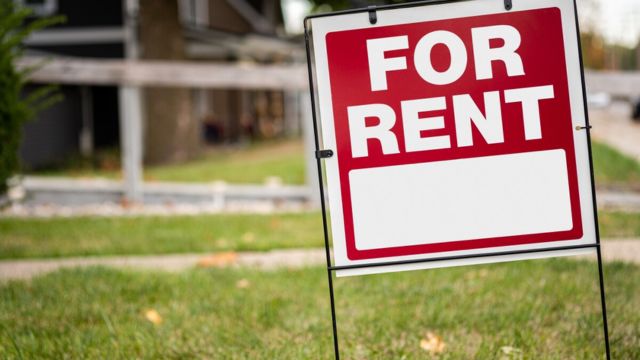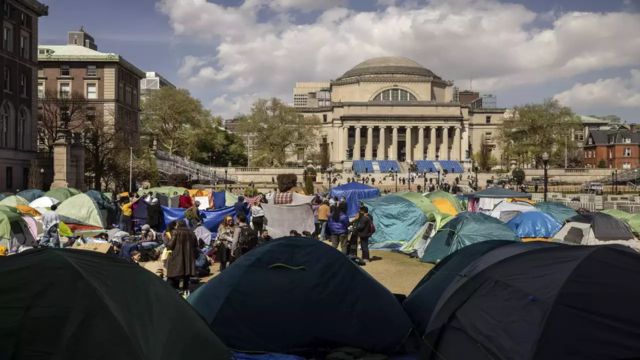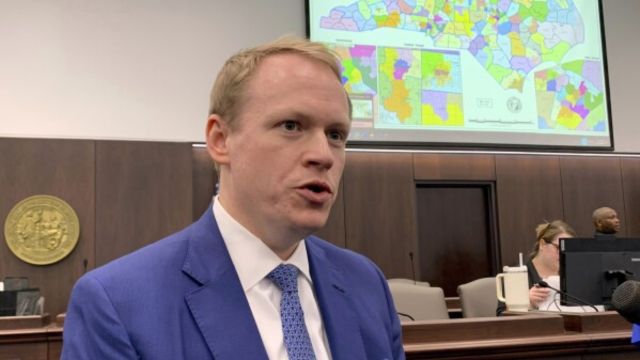A group of bills in the Michigan House of Representatives would put new rules on short-term rentals. A realtor’s association is against this, but places that get a lot of tourists say they need the money to pay for the damage visitors do to their infrastructure.
There would be an extra 6% tax on people who rent through services like Vrbo and Airbnb on top of the current 6% use tax. The bills, HB5437–5446, were put forward by Democrats in the House. The Local Government and Municipal Finance Committee talked about them on Wednesday.
These are the Bills
The bills make laws about renting out rooms for short periods of time. They add a 6% tax to short-term rentals that are used for 15 days or less. It also says that all short-term rentals must have liability protection worth $1 million. Additionally, the bills add safety measures for renters, such as escape plans, fire extinguishers, smoke alarms, carbon dioxide alarms, and a list of people within 30 miles to call in case of an emergency.
The bills say that platforms like Vrbo and Airbnb should pay a $100 registration fee per ad every year, up to a maximum of $50,000. The bill also keeps cities’ power to control short-term rentals, including the ability to limit the number of them and make sure they follow zoning rules. It also creates a record and needs to be certified every year. According to a study from the House Fiscal Agency, the steps could “bring in anywhere from $35 million to $70 million.” The money would be given to the local governments in places where short-term renters are found. The bills give the state $1 million to handle the gathering and distribution.
In opposition
The business group Michigan Realtors’ vice president of public policy and legal affairs, Brad Ward, said that his group is against the bill package. “These bills put in place rules that you, as a homeowner, would have to follow the first night you rented your home to someone else.”
He thought the suggested 6% tax, which he called a penalty, wasn’t fair. “We’re not talking about a tax that would be the same as renting out a hotel, motel, or other type of traditional lodging.” To use a short-term rental, the taxes will go up by 5 to 6 percent on top of the regular hotel taxes, he said. “This seems like a tax attack on people who choose to stay in short-term rentals.”
Ward said he knew cities wanted some kind of registry and a tax to cover the costs of tourists, but he thought the rules were too strict. “The people in our group have always been willing to talk about taxing short-term rentals, but that has to happen after we talk about the homeowner’s ability or right to do that,” he said. “Our favorite way to deal with this would be to put up some guardrails, put some sun where these short-term rentals are, and have the police watch out for bad behavior.” There should be a way for people to report bad landlords so that they can’t rent to you again.
He said that all the rules could make it hard for landlords to make ends meet. He said, “Our preferred way to define short-term rentals would be to kind of leave a lot of this up to the locals.”
Help out
John Humphrey is the mayor of New Buffalo, Michigan, which is on Lake Michigan and a busy tourist spot. He backs the bills because they give towns a way to get back the money they lose from tourists. He said, “There are no taxes that are paid back to the city.” “For the price of adding 20,000 people to my town, which has 1,800 people, for six months a year.” He gave the example of how hard it is on water, garbage, and roads.
He said that the rules would help solve the problem of not having enough affordable homes. “We need the excise tax to make up for the money that is being taken from us.” People are quickly being priced out of the market because of short-term rentals, so we need to be able to protect homes in our area.
“There are no buyers because home prices have gone up so quickly,” he said. “Short-term rentals are a big reason for that in this area.” Humphrey didn’t trust the “right-to-rent” idea that his opponents put forward.
He said, “They’re blowing smoke.” Humphrey brought up a federal case that New Buffalo won. The court said that New Buffalo still had control over zoning and could refuse to let renting happen. Of realtors, he said, “they can put their commission on every home, of course. They want short-term rentals from here to the end of the U.P.”
He said that New Buffalo’s home values dropped after some places banned short-term rentals, which made it easier for people to buy homes.




